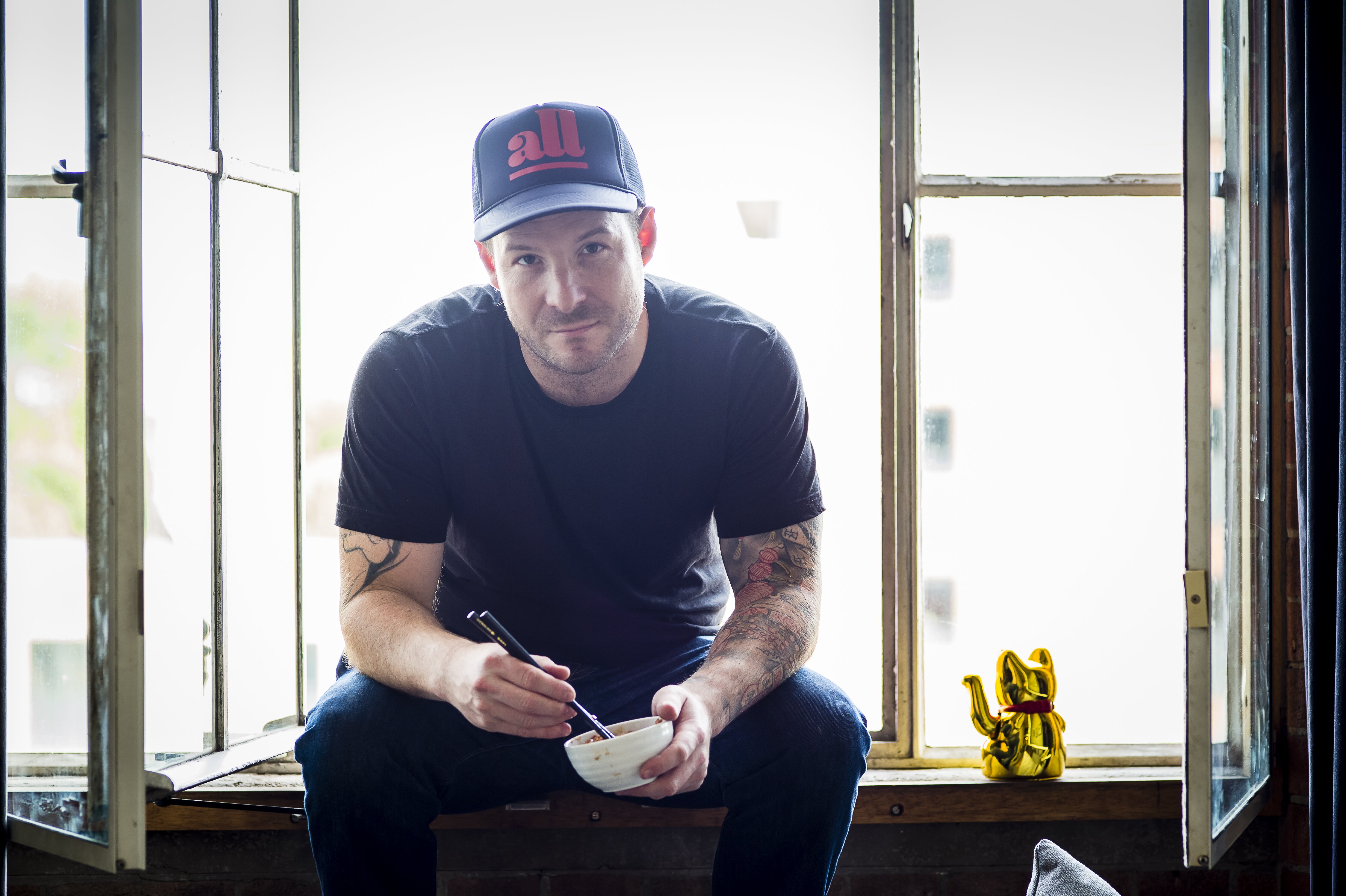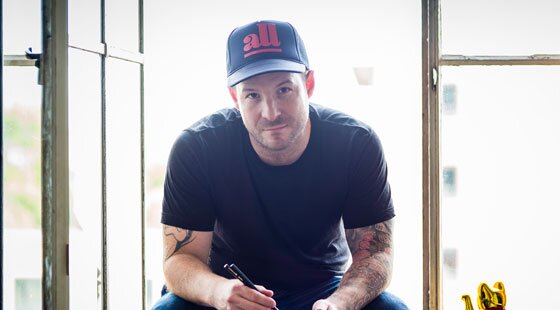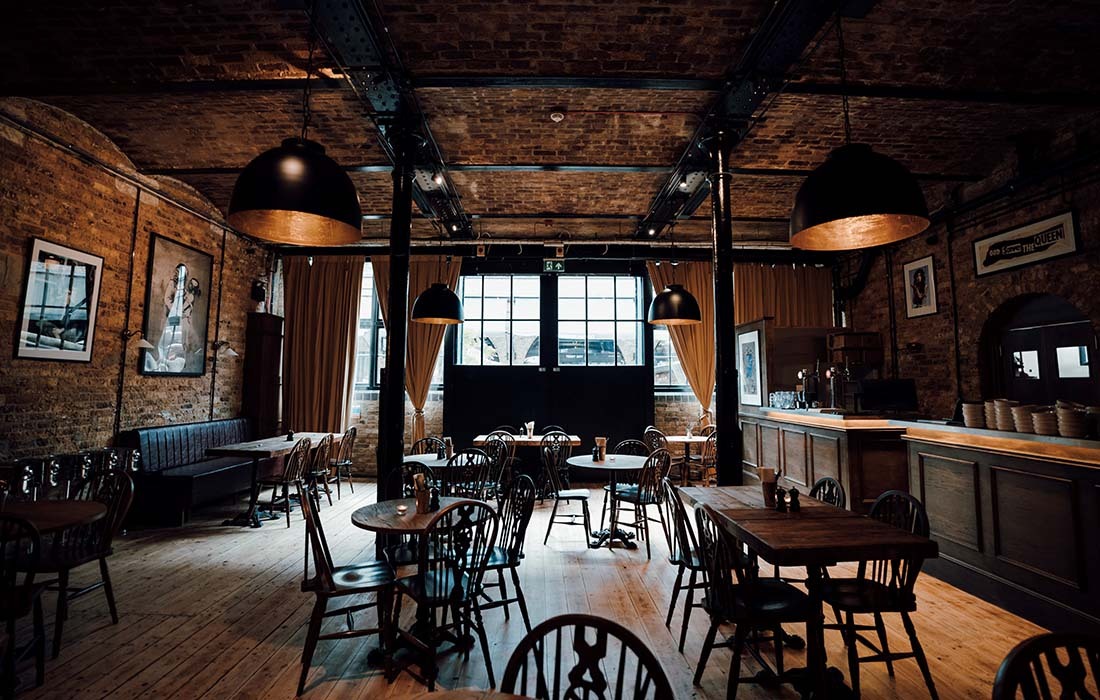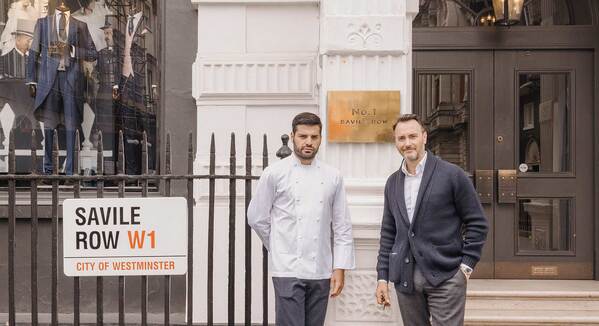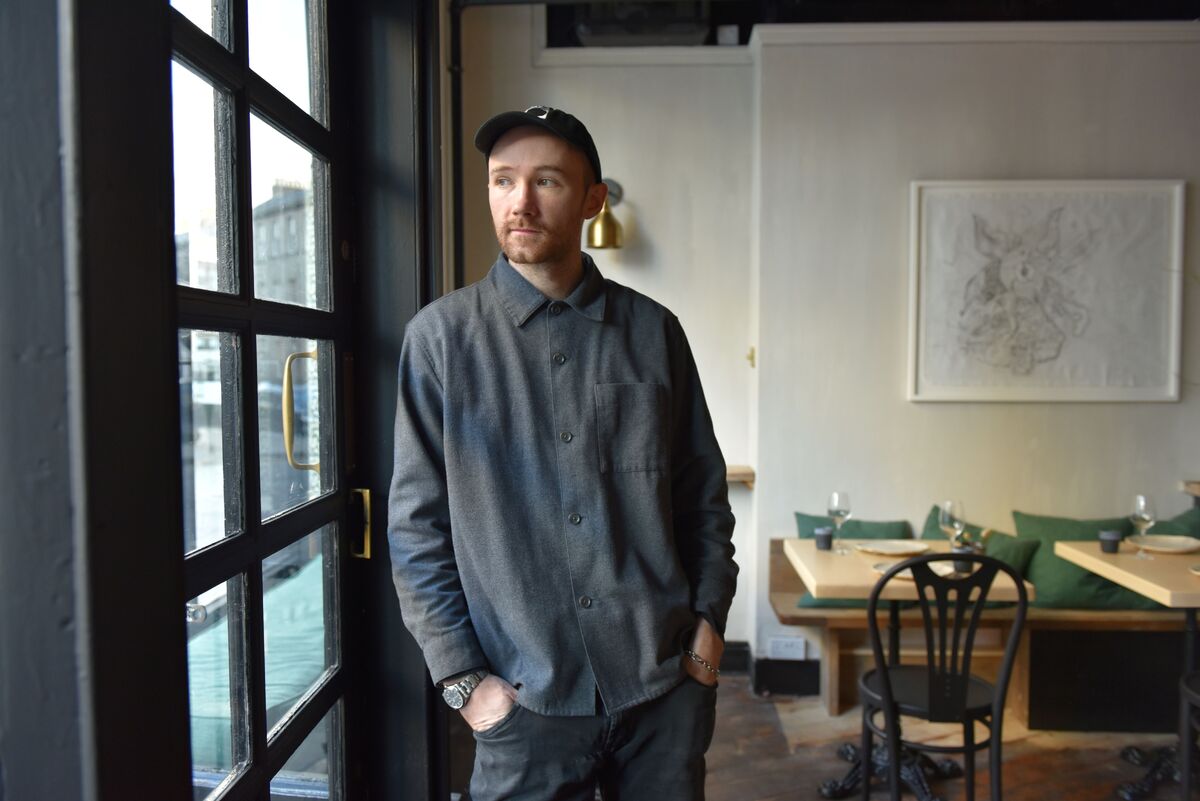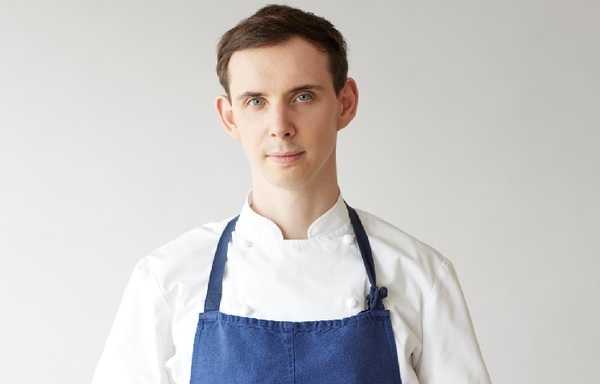Inside track: Neil Rankin on the future of the chef’s craft
The UK’s growing taste for great produce treated simply is admirable, says Neil Rankin, but is it the best use of our chefs’ culinary skills?
After a long stretch of eight years without a single holiday (#tinyviolin) I like to get out as much as I can. There are a million places still on my to-do list, but my favourite place in the world to eat so far has been San Sebastián.
What draws me in is the uncompromised simplicity of it all and the almost universal knowledge and passion all the chefs and the locals have of the ingredients. On the whole, nothing seems played about with or forced into something it’s not supposed to be. It’s the perfect example of a place that lets the ingredients do the talking. From ceps cooked a la plancha to a perfect golden brown and served with a bright yellow egg yolk and a little salt to a plate of perfect, salty anchovies dressed only in a little oil, and a plate of roughly sliced tomatoes that almost outshine the 12-year-old dairy cow that follows. These ingredient-led cuisines around the world have enchanted an entire movement of chefs worldwide.
Over the past 10 years, UK chefs have been discovering these ingredients for themselves. I guess it started with places like the River Café and the producers who supplied them, who have now grown into some of the UK’s biggest food suppliers.
These ingredients, so hard to source back in the day, are not just available to the select few – they are also now used by local bistros and street food traders, and are for everyone to buy in supermarkets.
To add to this new-found availability of great European produce, there has also been a massive surge in local produce becoming more readily available. Growers are starting to produce vegetables that not only compete with Europe, but sometimes surpass it.
Chefs are becoming growers and foragers themselves and are finally connecting with the ecosystems and terroirs that are so vitally important for us to preserve. The fish and the meat we buy is direct from the source and our knowledge of animal breeds and fishing sustainability has never been so strong.
All this is brilliant news for everyone. But it concerns me that there might be downsides.
Like any movement, it has the potential to hit a point where it moves beyond the chefs that understand where this all came from. Good-quality produce relies on tight yields to develop massive flavour. By their very definition, these products are hard to come by. So as this trend grows, how long can we sustain the produce at this level?
The most concerning thing for me is what happens to our skills. Right now it’s possible to gain a Michelin star in a kitchen where chefs make a salad or salt a tomato. We talk about the skill of sourcing, but in reality most of it is done via apps like Natoora.
The produce is delicious and consistent, but for me, being a chef is about taking the cheaper ingredients and making something magical. That’s never been about being easy – it’s the skill that’s we’re all getting paid for. That’s how to develop the margins that pay for our craft.
It’s brilliant that chefs now make cheese, but they also need to be cooks, because there are already cheesemakers.
The availability of fantastic produce is great news for the end user and the restaurateur, but what happens when prices inevitably rise and owners look to chefs to become creative with more lowly ingredients again? For me, that’s the chef’s craft – to create and to find new ways or techniques to elevate the ordinary.
It’s all about customer enjoyment for the restaurateur, but chefs should be considering the next generation and preserving our skills and our craft as much as our produce.



